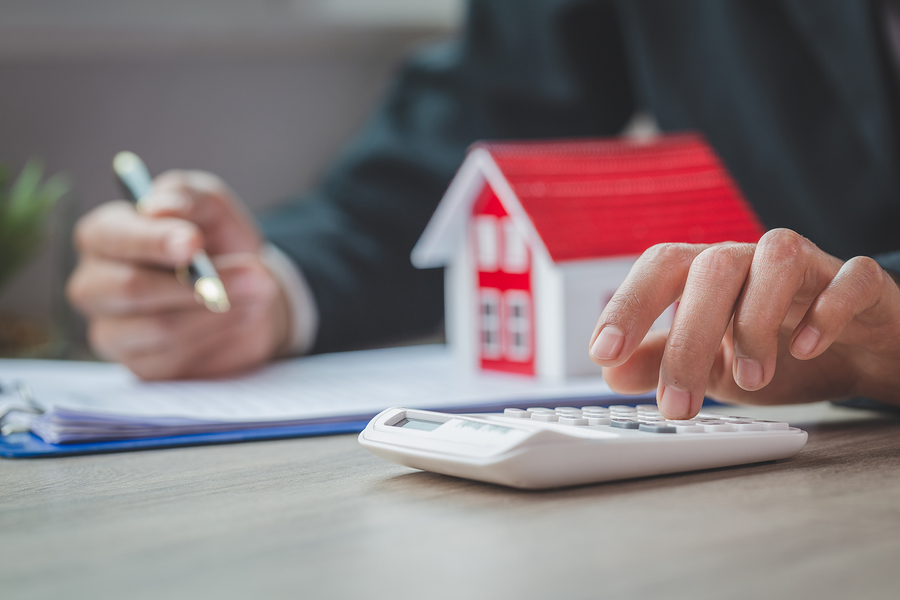There’s nothing scarier than the thought of your home being repossessed by the bank. Unfortunately, this happens to many people every year through the foreclosure process.
Should there come a time when you realize that you can’t afford your next mortgage payment, don’t panic. Doing so will only make matters worse. You’re better off assessing your situation, coming up with a game plan, and then doing whatever you can to avoid trouble.
Here are some ideas for you to consider:
1. Sell Your Home
If your home is worth more than you owe, you can sell it, keep the proceeds, and find a more affordable place to live.
It may not be what you want to do, but it could be the best option for avoiding foreclosure and maintaining financial stability.
Tip: act fast if you’re going to put your home on the market, because your lender expects you to make payments until you’re no longer the owner.
2. Short Sale
This occurs when your lender agrees for you to sell your home for less than what you owe, and then write-off the remaining balance.
Getting your lender on the same page is never easy, but it may be in their best interest if you truly can’t afford future mortgage payments. They may realize that a short sale is better than repossessing the home, as this could lead to them holding the property for an indefinite period of time.
3. File for Bankruptcy
This isn’t something to take lightly, but it’s a strategy to consider if your finances are in a state of disarray.
When you file for bankruptcy, the court grants an automatic stay. In short, this means that lenders are prohibited by law from collection efforts.
Filing for bankruptcy could buy you enough time to stabilize your finances, catch up on payments, and remain in your home.
4. Refinance Your Mortgage
Many people shy away from this for two reasons: closing costs and the amount of documentation required to finalize the new loan.
There’s a lot of work that goes into refinancing your mortgage, but it could save you hundreds of dollars every month. There are two basic ways this happens:
- You secure a lower interest rate
- You opt for a longer term
Either way (or both), you end up with a lower monthly payment, thus increasing the likelihood of staying current in the future.
Final Thoughts
Remember this: even if you miss a mortgage payment, it doesn’t mean your lender will arrive on your doorstep tomorrow. You have time to work things out, so contact them by phone, explain your situation, and see how they can help.
By considering all your options, you’ll find it easier to settle on the one that works best for you, your finances, and your home. Your goal is to find a solution that allows you to stay put for as long as you want.


Related Posts :
The Benefits of a Fixed Rate MortgageShould You Buy a Home When Mortgage Rates are High?
Tips for Paying Off Your Mortgage Early
Do You Need to Find a Home Before Applying for a Mortgage?
Avoid These Mortgage Application Mistakes